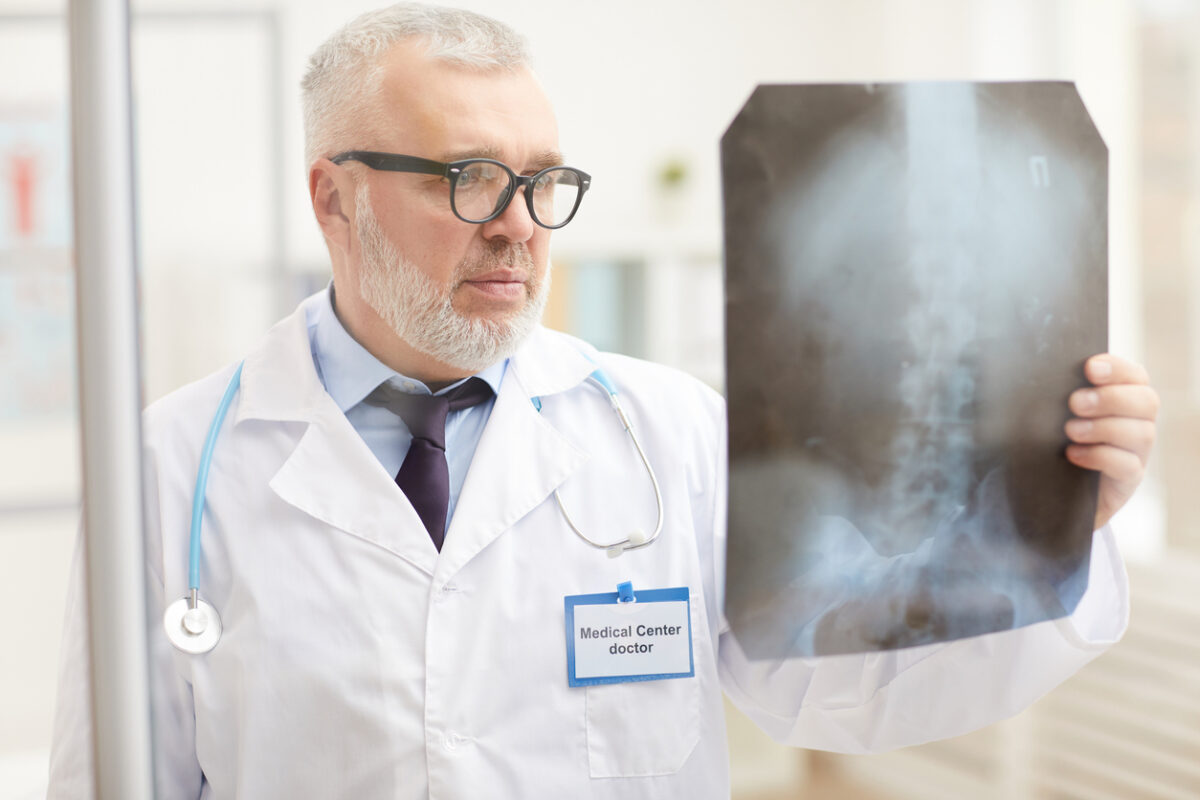The Basics
It may be crucial to think about your bone health in the idea of bone quality vs bone density.
Bone density refers to the amount of minerals, such as calcium and phosphorus, in your bones. It provides an indication of bone strength and can help determine the risk of fractures. Higher bone density generally means stronger bones and lower risk of osteoporosis.
On the other hand, bone quality refers to the overall health and structure of your bones, including factors like bone architecture, microdamage, and collagen content.
Even if someone has high bone density, poor bone quality can still increase the risk of fractures. Both bone density and bone quality are important factors in maintaining healthy and strong bones throughout life.
Factors Affecting Bone Density: Beyond Density Measurements
Bone density measurement is typically obtained through DXA scans and it enables us to assess bone health and risk of osteoporosis.
However, other factors beyond bone density can also significantly affect bone health. These factors include genetics, hormonal balance, lifestyle choices (such as diet and exercise), medication use, and underlying health conditions.
For example, individuals with a family history of osteoporosis or those with hormonal imbalances may have lower bone density levels. Additionally, engaging in weight-bearing exercises and consuming a diet rich in calcium and vitamin D can help promote healthy bone density.
Ultimately, understanding and addressing these various factors can play a crucial role in maintaining optimal bone health and reducing the risk of fractures and bone-related disorders.
The Importance of Bone Quality: Moving Beyond Density Alone
There are some items we should assess to measure our bone quality other than the bone density. They include bone turnover markers, which indicate the rate of bone remodeling and can provide insight into overall bone health.
Vitamin D levels are also important, as this nutrient is essential for calcium absorption and bone mineralization.
Hormone levels, such as estrogen and testosterone, play a crucial role in maintaining bone density and strength. Hormone synthesis capacity wanes as we age, and it steeply decreases at menopause.
Additionally, evaluating an individual’s dietary intake of calcium and other nutrients essential for bone health can provide valuable information.
Overall, a comprehensive assessment of factors such as bone turnover markers, vitamin D levels, hormone levels, and dietary intake can provide a more complete picture of bone health beyond just bone density measurements.
By focusing on bone quality in addition to density, healthcare professionals can better assess the risk of fractures and osteoporosis, leading to more personalized and effective treatment plans. Incorporating measures of bone quality into diagnostic tools and treatment strategies is essential for maintaining optimal bone health and preventing fractures in the long term. It is crucial to recognize the importance of bone quality in addition to density when evaluating and managing bone health.
Strategies for Improving Bone Quality: Beyond Density-focused Approaches
There are several strategies to improve bone quality under the idea of bone quality vs bone density. Regular weight-bearing exercise, such as walking or strength training, can help maintain bone strength and stimulate bone formation. Ensuring an adequate intake of calcium and vitamin D through diet or supplements is essential for bone health. Avoiding smoking and excessive alcohol consumption can also contribute to better bone quality. Additionally, maintaining a healthy body weight and limiting processed foods can support overall bone health.
Consulting with a healthcare provider for personalized recommendations can further improve bone quality beyond density-focused approaches.
The natural bone strength complex made from Satsuma mandarin orange
Juveriente®’s Bone Strength Complex is a natural supplement made from a traditional dietary habit of a healthy bone town in Japan. People there eat a lot of Satsuma mandarin orange and have high concentration of Beta-Cryptoxanthin, a kind of carotenoid. A cohort study there found that that concentration has high reverse correlation with onset ratio of osteoporosis.
It provides you the essence of a natural food, which is simply an extract of a Japanese popular citrus fruit. It is according to your principal policy. Needless to say, it is better to try a natural food before jumping to strong medicines. Though natural and gentle, it has garnered a lot of amazing reviews in Amazon since its launching in 2016.
If you like to try multi-vitamin supplement, how about adding the natural bone therapy fruit extract with Juveriente® Bone Strength Complex?
Please learn details in our product page.







